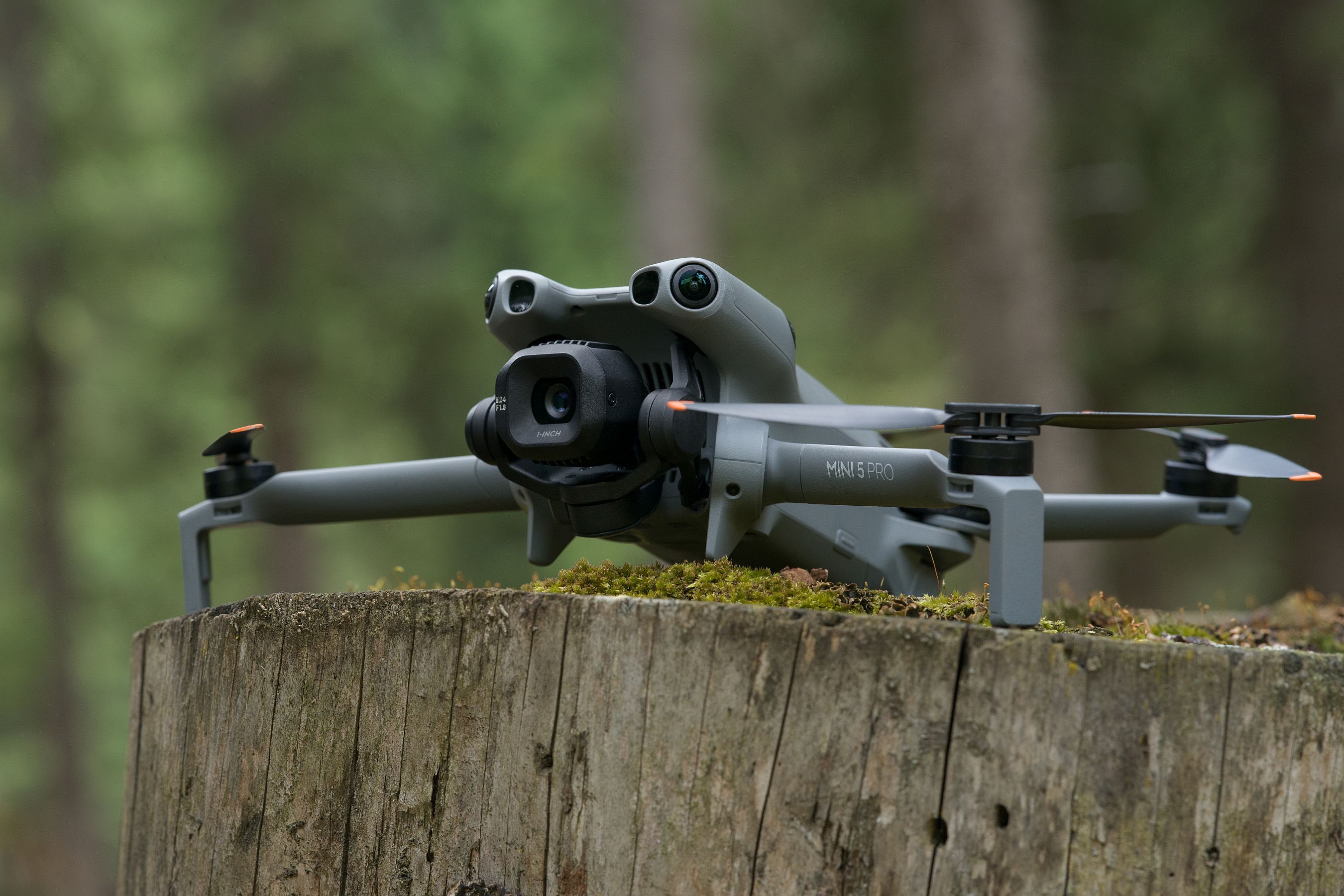The world's largest drone manufacturer just suffered a major legal defeat that solidifies its precarious position in America. A federal judge ruled that the Pentagon has broad discretion to label DJI as a Chinese Military Company, rejecting the company's year-long fight to escape a designation that's been strangling its US business. The decision comes as DJI faces a total import ban starting this December and signals how America's tech security crackdown is reshaping entire industries.
The gavel just came down on what might be the drone industry's most consequential legal battle. DJI, the Chinese company that dominates global drone sales, lost its federal lawsuit challenging the Pentagon's decision to label it a Chinese Military Company - a designation that's been slowly choking off its American operations.
US District Judge Paul Friedman delivered a nuanced but ultimately damaging ruling for the Shenzhen-based company. While he acknowledged he "cannot conclude" that DJI is directly owned by the Chinese Communist Party, Friedman found that the Department of Defense has sweeping authority to decide which companies belong on its military blacklist. The judge's reasoning hinges on what defense officials call "military-civil fusion" - China's strategy of blending civilian and military technological development.
The courtroom drama revealed just how tangled modern tech companies can become with state interests. Friedman concluded there was sufficient evidence that DJI functions as a "military-civil fusion contributor," pointing to the company's designation as a "National Enterprise Technology Center" by China's National Development and Reform Commission. This status delivers substantial cash subsidies, special financial support, and significant tax breaks directly from Beijing's coffers.
But the judge wasn't entirely convinced by the Pentagon's case. He rejected several DoD claims for insufficient evidence and even caught defense officials confusing two different Chinese industrial development zones when trying to prove DJI's factories operated in special state-sponsored areas. The mixed findings suggest the government's evidence wasn't airtight, yet it was enough to maintain the military designation.
DJI's legal team tried a clever comparative argument, pointing out that Chinese subsidiaries of Volkswagen and Nokia receive similar government benefits but aren't facing the same treatment. Judge Friedman dismissed this defense, ruling that the DoD has "broad discretion to decide to place X on the list, while also deciding not to place Y on the list."
This discretionary power is exactly what makes the ruling so significant beyond DJI's immediate fate. The decision essentially gives the Pentagon carte blanche to designate Chinese companies as military entities based on their government relationships rather than direct evidence of military activities. It's a framework that could affect dozens of other Chinese tech firms operating in America.












